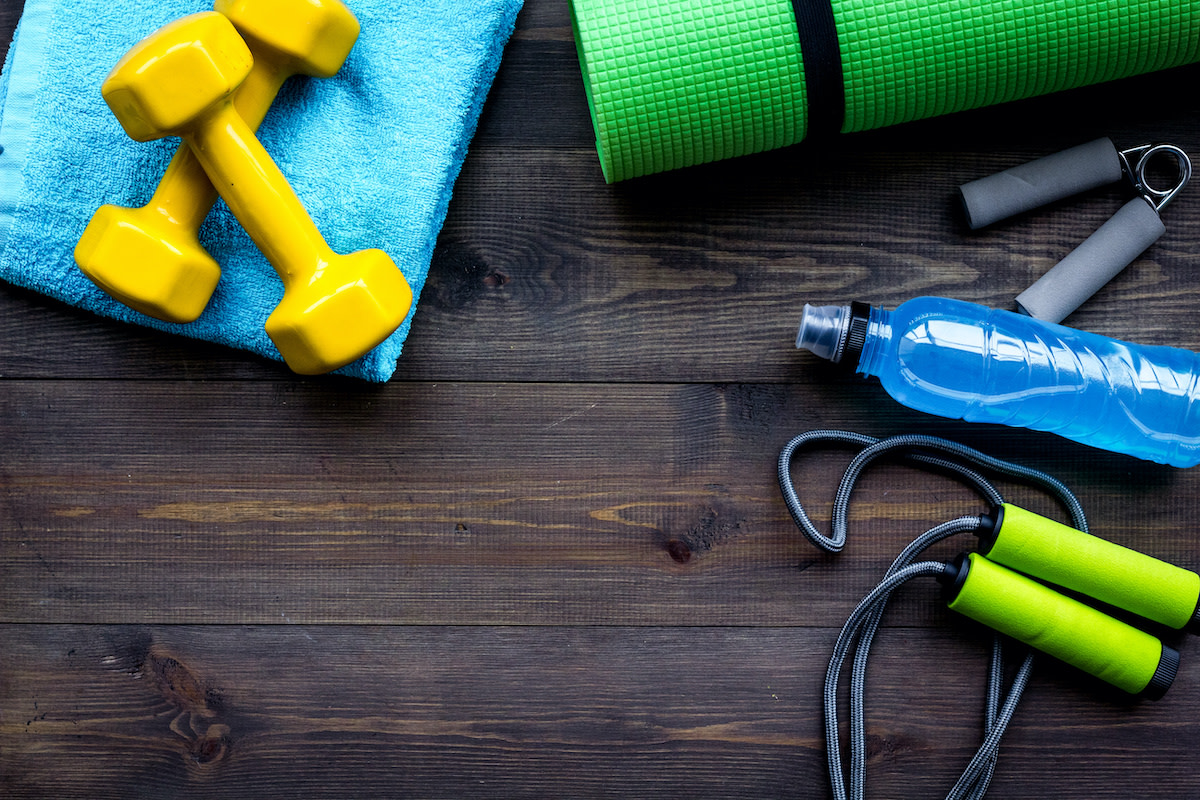Understanding Metabolism: 4 Tips to Boost Your Metabolism
Written by MasterClass
Last updated: Jun 7, 2021 • 3 min read
Metabolism is just one of the many chemical processes our bodies go through to sustain life. There are a variety of factors that can affect your metabolism, which can have an impact on your physical health.
Learn From the Best
What Is Metabolism?
Metabolism refers to the chemical reactions that keep your body nourished, functioning, and alive. Your metabolism is active every moment of the day (even during sleep) and is integral to essential functions like respiration, blood circulation, cell repair, and cell growth. There are two main metabolic processes:
- Catabolism: The catabolic process refers to the breaking down of larger molecular compounds, or polymers, into the smaller ones that compose them, or monomers. Examples of this process include lipids breaking down into fatty acids, or proteins breaking down into amino acids. When these polymers are broken down, they can be transformed into energy (ATP) or become monomers that can then be used to build new polymers.
- Anabolism: In the anabolic process, smaller molecular structures build to form larger molecular structures. Where catabolism is concerned with breaking down molecules, anabolism refers to the construction of them. The anabolic process is fueled by the production of ATP during catabolism, which gives the body the energy to build new cells and muscle tissue, as well as repair organs.
What Is the Difference Between Fast and Slow Metabolism?
When people refer to a fast or slow metabolism, they are usually referring to a person’s basal metabolic rate (BMR). Your BMR measures the minimum number of calories your body needs to fuel basic functions—like breathing, circulation, and cell production—and it determines how quickly your body converts food into energy. Determining factors of your BMR can include age, genetics, hormones, physical activity, body weight, size, and the amount of lean muscle mass on your body.
People with fast metabolisms—or a higher BMRs—may find that they can consume more carbohydrates and calories without experiencing weight gain. Meanwhile, those with slow metabolisms may find that they need to consume fewer calories or stick to a stricter diet and exercise plan to maintain a healthy weight, or achieve weight loss.
How to Boost Your Metabolism
Your metabolism is mainly determined by genetics and age, but there are a few ways to help boost metabolism and improve its efficiency:
- 1. Exercise. High-intensity aerobic exercise or other physical activity is an effective way to boost your metabolism. When you exercise, your body feeds off of its glycogen stores (the body’s storage of unused glucose), preventing them from turning into body fat. Exercise also forces your body to burn fat that has already accumulated. Strength training is also an effective way to boost your metabolism, as lean muscle can burn calories more effectively than fat cells.
- 2. Consume calories wisely. Consuming more calories than your body needs will cause it to store the excess energy sources as fat, slowing down your metabolism. Reducing the number of calories you consume means fewer compounds for your body to break down, quickening the catabolic process. However, that doesn’t mean limiting yourself to a restrictive diet is good for your metabolism. If you don’t consume enough calories, your body enters “starvation mode” which slows down your metabolism so it can hold on to its energy stores.
- 3. Drink tea. Research shows that green tea can help reduce weight and decrease blood pressure. Drinking green tea before a workout can increase endurance, speed, and ability, in addition to jump-starting your system to burn more calories.
- 4. Get a good night’s sleep. Sleep deprivation can affect your blood sugar levels and increase insulin resistance, encouraging you to overeat and slowing down your metabolism.
Want to Dive Deeper Into Your Wellness Journey?
Throw on some athleisure, fire up a MasterClass Annual Membership, and get ready to sweat it out with exclusive instructional videos from Nike Master Trainer and GQ fitness specialist Joe Holder. Want to improve your cardiovascular endurance? Give Joe’s HIIT workout a go. Trying to get a little swole? He’s got a strength training workout for that. From fitness tips to nutrition hacks, Joe will have you feeling healthier in no time.
